Democratic Republic of Congo (DRC) President Félix Tshisekedi has announced plans to form a national unity government as his administration faces mounting pressure over the ongoing conflict in the country’s eastern regions.
The decision comes as M23 rebels, accused of receiving support from Rwanda, continue to seize key territories, raising fears of a wider war.
For months, fighting between M23 and Congolese forces has intensified, leading to the capture of several strategic areas, including the resource-rich eastern provinces. The conflict has forced thousands to flee their homes, creating a worsening humanitarian crisis. The rebels’ control over these territories, particularly those rich in minerals, has fueled concerns that the crisis could escalate further.
Speaking to members of his ruling coalition, the Sacred Union, Tshisekedi stressed the importance of national unity in the face of growing instability. “We must come together… We must stand as one to fight the enemy,” he said. His spokesperson, Tina Salama, later confirmed that plans were underway to restructure the government and bring in new leadership to address the crisis, though no further details were provided.
The conflict in eastern Congo has long been a point of regional tension, with the DRC accusing neighboring Rwanda of backing M23 rebels—an allegation Kigali has consistently denied. The violence has led to international calls for a diplomatic resolution, and the United Nations Security Council is expected to vote on a resolution demanding the withdrawal of foreign forces and an end to external support for the rebel group.
Also Read; Russia Strikes Ukraine’s Power Plant
Amid Winter
On the ground, the situation remains dire. Families of Congolese soldiers have been forced to flee military bases as rebels advance, leaving them seeking shelter in makeshift camps. Aid organizations warn that food, water, and medical supplies are running low, and access to affected communities is becoming increasingly difficult.
While the president’s call for a unity government may be seen as a step toward national stability, critics argue it could also be a political move to consolidate power rather than a genuine effort to resolve the crisis. Opposition leaders have questioned whether the administration has a clear plan to counter the rebel advances or if the country is heading toward prolonged instability..


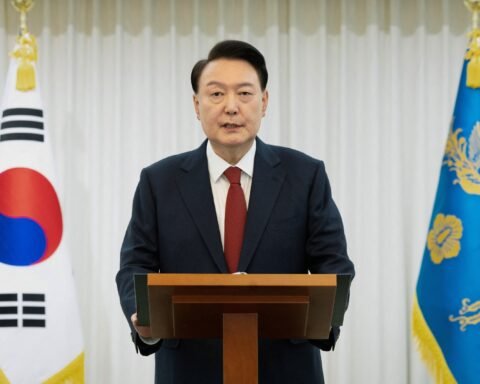
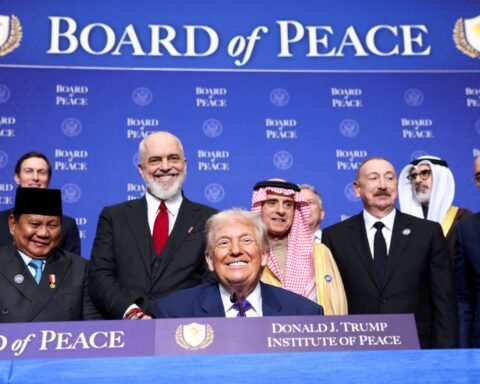
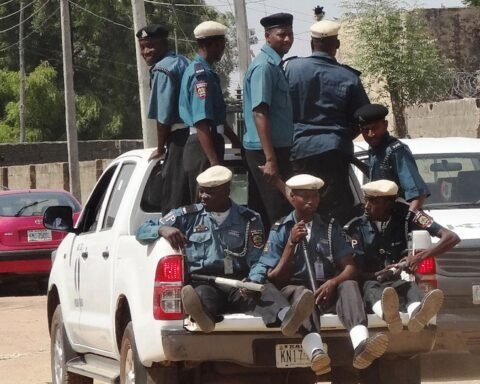
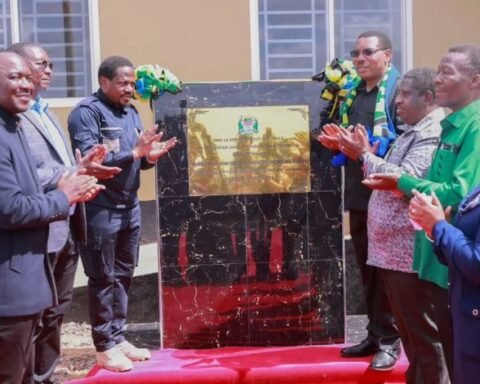
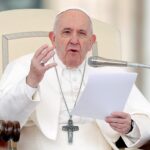
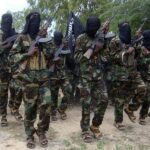
Exceptional post however I was wondering if you could write a litte more on this subject? I’d be very grateful if you could elaborate a little bit further. Thanks!